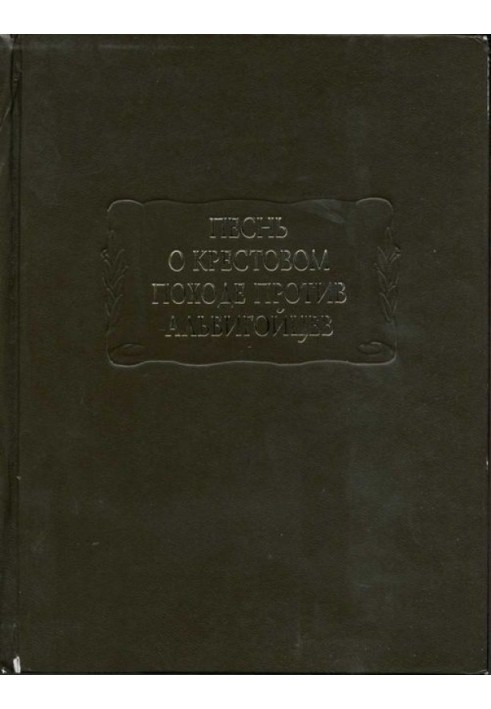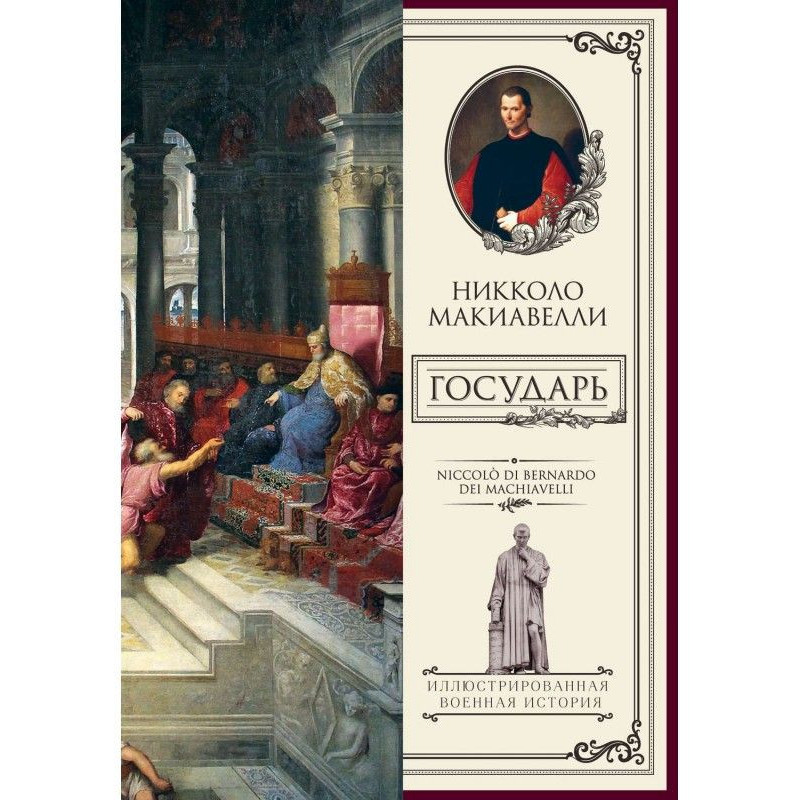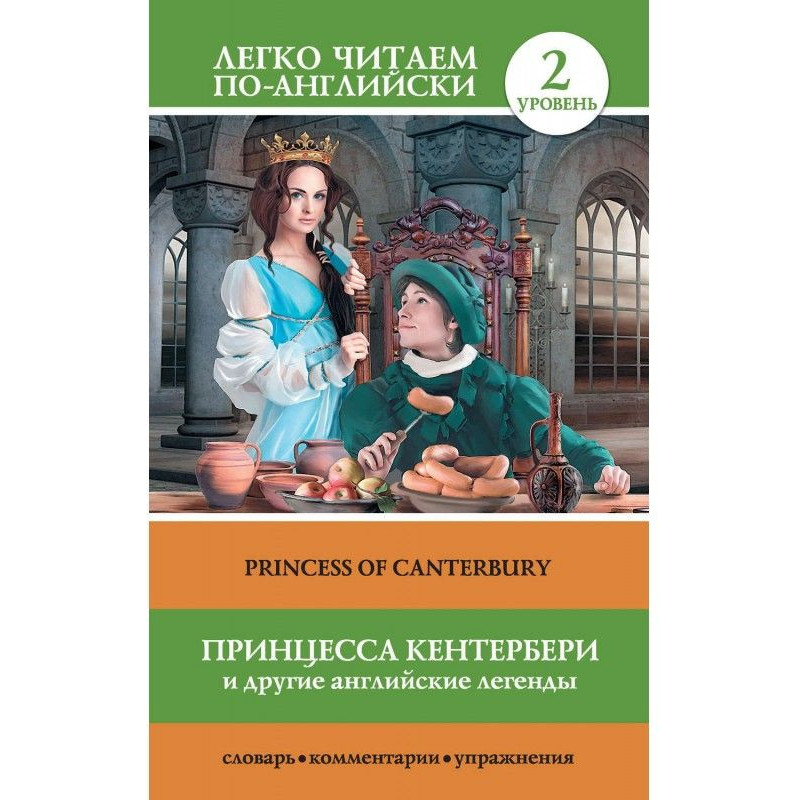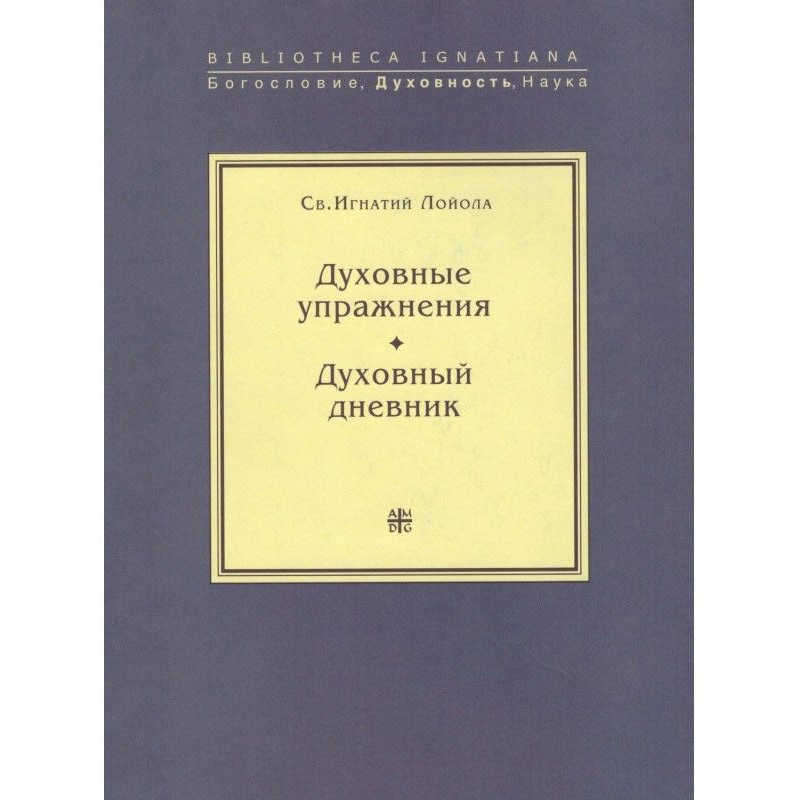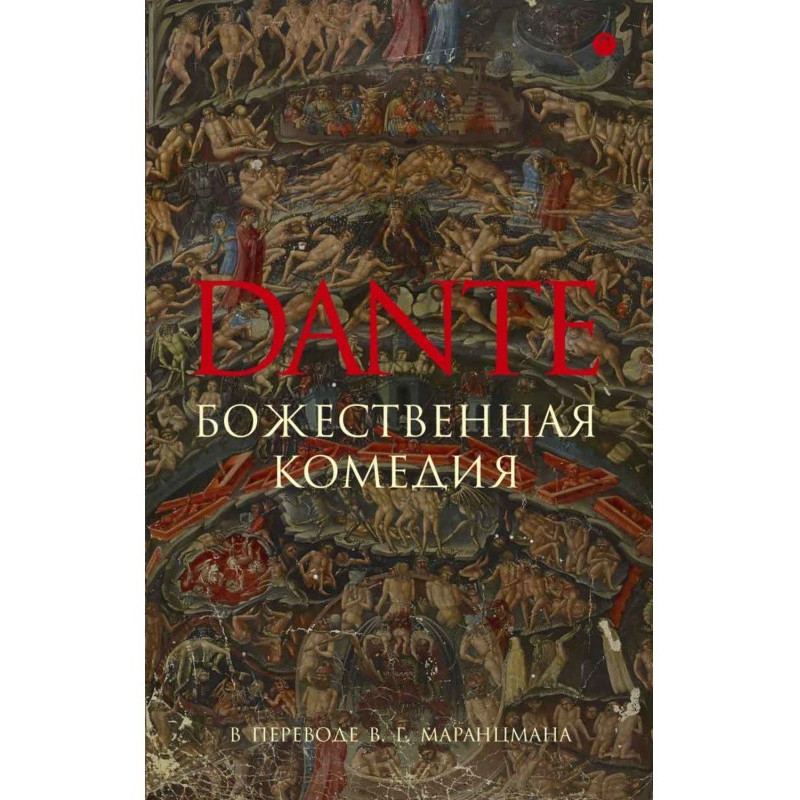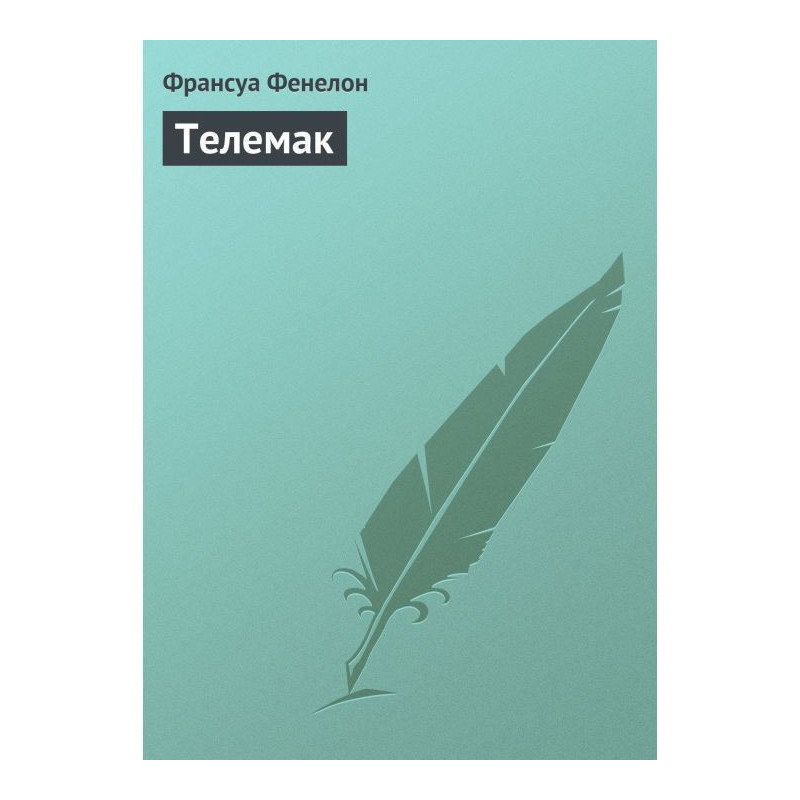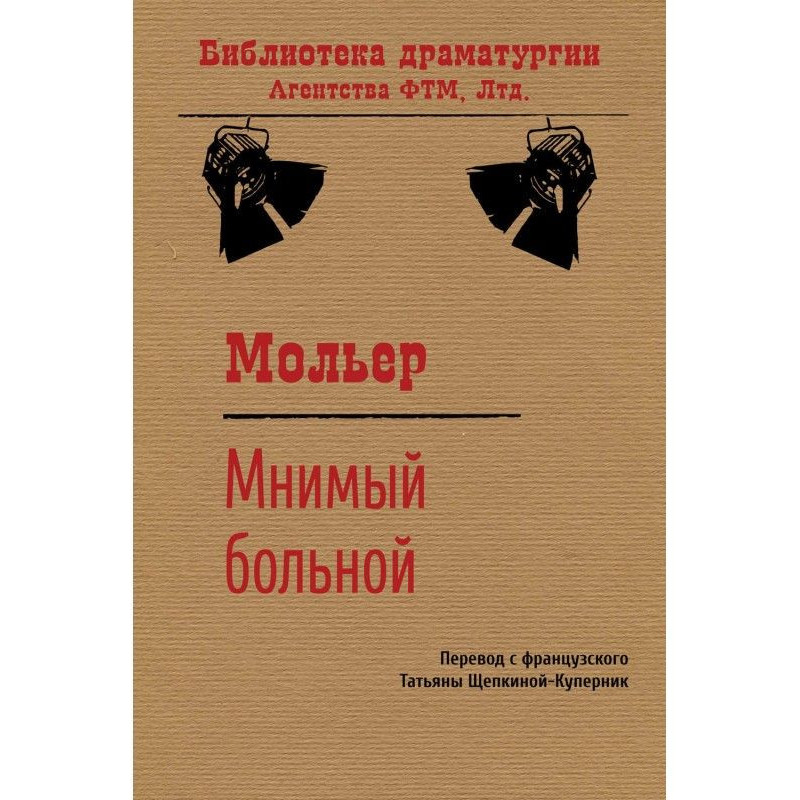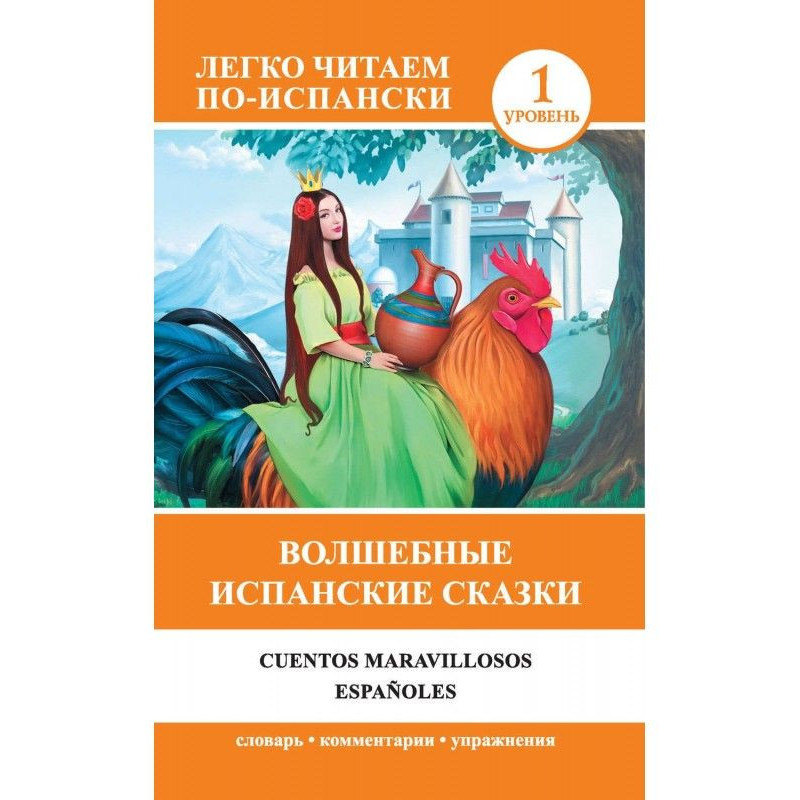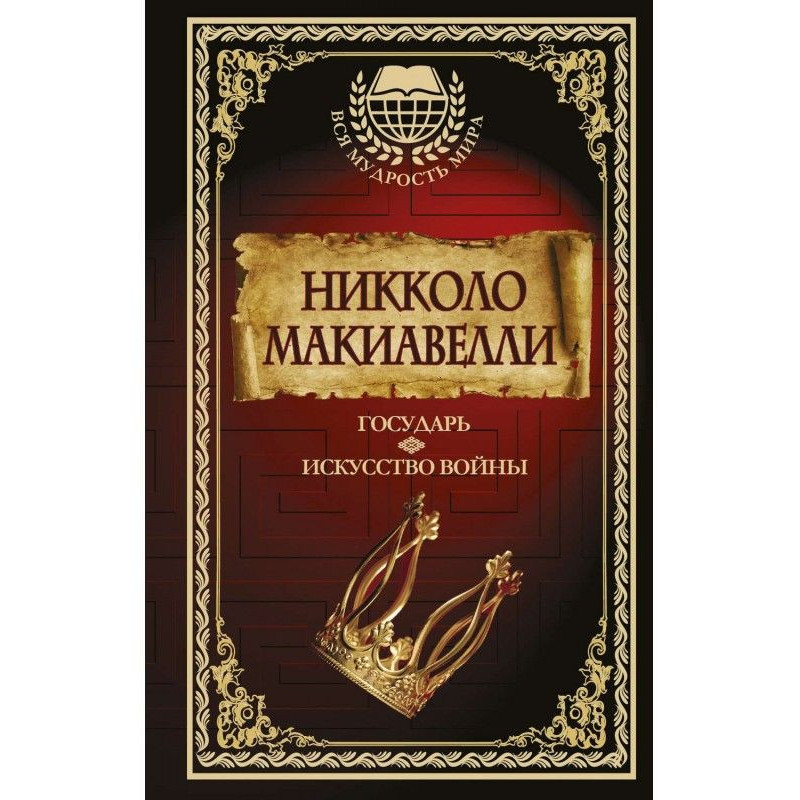Song of the Crusade against the Albigenses
 Instant download
Instant download
after payment (24/7)
 Wide range of formats
Wide range of formats
(for all gadgets)
 Full book
Full book
(including for Apple and Android)
The poem “Song of the Crusade against the Albigensians” (first half of the 13th century) is the only monument of Old Occitan literature that combines historical narrative and epic. Begun around 1214 by the cleric Guillem of Tudela, the poem was continued in 1228 by an anonymous poet who was in the retinue of Raymond VII, the last Count of Toulouse. In 1208, Pope Innocent III called on the barons and commoners in a crusade against the Albigensian heretics, and in In 1209, an army led by the papal legate Arnaud Amaury entered the flourishing lands of the south of France and began to mercilessly plunder cities and castles, destroying everyone who resisted. “Kill everyone, the Lord will sort it out,” was the legate’s answer to the question of how to distinguish a heretic from a Catholic. The names of the leader of the campaign, Count Simon de Montfort and his “right hand” - Bishop Folquet of Toulouse, a former troubadour, became almost household names, personifying piety and virtue for the army of the crusade, and for the southerners - cruelty, lies and hypocrisy. The struggle against the Albigenses started by the Pope (otherwise known as the Cathars) soon developed into a war of conquest between the French feudal lords, and then the King of France himself, for the annexation of the rich lands and possessions of the South to the French crown. The enslaving treaty, signed in 1229, put an end to the Albigensian wars and the independence of the southern French lands. Inspired by descriptions of the overseas crusades, Guilhem of Tudela created a poetic chronicle of the campaign against the Albigensians, praising Montfort and his army, bravely defeating heretics. Anonymous, who continued his work, transferred the conflict into the sphere of a tragic collision of ideals developed by Occitan society (Honor, Valor, Chivalry) with violence and treachery instilled by Montfort and his barons. In the lines of the anonymous author, religious strife receded into the background, and the idea of national unity of Occitania, the struggle for the independence of the southern French nation and the disgrace of its enemies came to the fore. The epic scope inherent in individual passages of Guilhem's poem reached its culmination in Anonymous's poem. Both authors created a work that enriched not only Occitan, but also world literature of the Middle Ages, and it rightfully took its rightful place among the poetic monuments of the past. “The Song of the Crusade against the Albigensians” has been translated into Russian in its entirety for the first time. The publication is supplied with a scientific article and an article by the translator, a comparative chronology of historical events presented in the poem, notes, indexes, maps (including on the color tab), illustrations. An excerpt from the prose version of the poem is also presented.
Data sheet
- Name of the Author
- Гийом Тудельский
- Language
- Russian
- Translator
- Елена Вячеславовна Морозова
Игорь Олегович Белавин
Reviews
Вражаюче епічне полотно середньовічної літератури!
Поема «Пісня про хрестовий похід проти альбігойців» є справжнім шедевром, який не тільки відображає історичні події, але й занурює читача в атмосферу епохи. Відзначаючи майстерність Гільєма з Тудели та анонімного поета, можна сказати, що їхній твір став важливим свідченням боротьби за ідеали честі, доблесті та незалежності. Поема вражає своєю глибиною, адже вона не лише розповідає про жорстокість хрестового походу, але й порушує важливі питання про моральність, національну ідентичність та людську гідність. Читачі можуть відчути всю трагедію та героїзм, які супроводжували ці події, а також усвідомити, як насильство та лицемірство можуть знищити цінності, які ми вважаємо основою суспільства. Завдяки детальному опису та яскравим образам, ця поема залишає глибокий слід у пам'яті, спонукаючи до роздумів про історію та її уроки. Рекомендую цю книгу всім, хто цікавиться середньовічною літературою та історією, адже вона є безцінним внеском у світову культурну спадщину!

